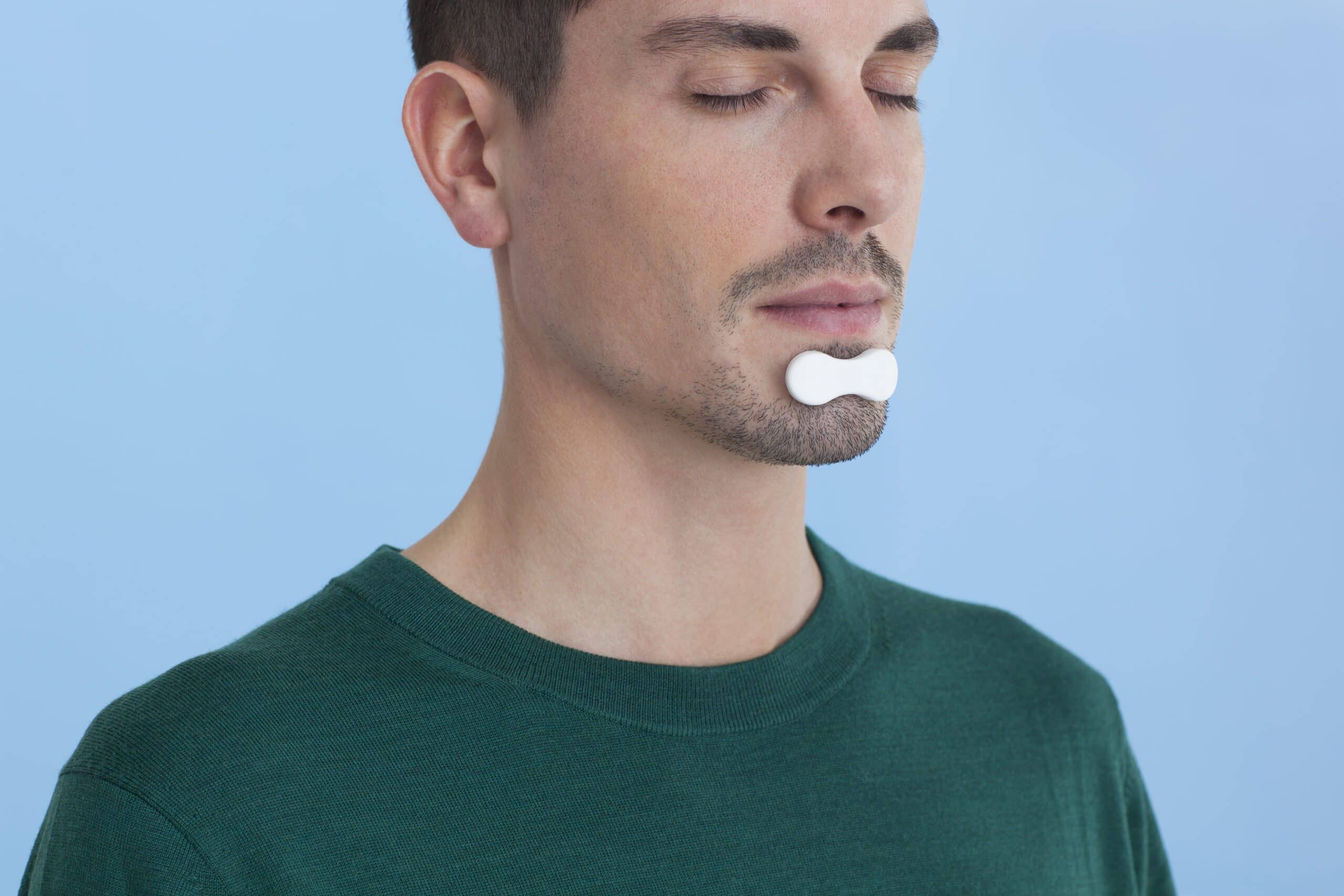Concussions or mild traumatic brain injury can have a significant impact on an individual’s health, including sleep. Immediate medical attention is necessary to prevent the injury from spiraling into worse condition.
After such injuries, the body and brain naturally crave rest to heal after such an injury. But for many concussion sufferers, the act of sleeping itself can be a source of anxiety.
It is commonly said that you should be woken every few hours of sleep while you are recovering from a concussion.
Let’s explore how to safely sleep with a concussion.
What Is a Concussion?
A concussion is
a type of
traumatic brain injury
caused by a blow, bump, or jolt to the head. The bump or jolt
cause
the head and brain to rapidly move back and forth.
This sudden movement causes the brain to bounce or twist within the skull. This results in chemical changes in the brain, and sometimes it stretches or damages the brain cells.
Though the head injury is severe, it doesn’t always involve a loss of consciousness. Most concussion occurs without the injured person passing out.
The
symptoms of a concussion
can be subtle and
might not show up
right after the accident, and can last for days, weeks, or longer.
Common symptoms of a concussion include:
- Headache or a feeling of constant pressure in the head
- Temporary loss of consciousness
- Confusion or feeling dazed
- Amnesia surrounding the traumatic event
- Seeing stars or dizziness
- Constant ringing in the ears
- Nausea or vomiting
- Slurred speech
- Fatigue
Severe symptoms of a concussion
can include
one pupil being larger than another, intense headaches that don’t improve, overwhelming tiredness that doesn’t improve with rest, weakness or numbness in parts of the body, seizures or convulsions, extended disorientation, and the person affected acting out of character.
Concussions can occur in any sport or physical activity. It can result from falls, car accidents, or any other accident that impact your head or body. According to
experts from the CDC,
there are an estimated 1.6 to 3.8 million sports and recreation-related traumatic brain injuries (TBIs) in the United States every year. Many of the resulting concussions from a traumatic brain injury are not treated.
Along with getting enough sleep to help you recover
after getting
medical attention, it’s important to eat well and avoid taxing physical and mental exertion. Bright lights, loud noises, and stress can also make concussion symptoms worse.
While most concussions are mild and result in temporary symptoms, severe or repeated concussions can lead to more lasting effects, such as serious brain damage.
Is it Safe to Sleep with a Concussion?
Generally, if you have visited the emergency room, you can
safely sleep
after a concussion. Sleeping after a concussion is safe and a natural call for the body to repair. Before you leave, you can even confirm with your attending doctor that you’re good to fall asleep.
According to the Centers for Disease Control and Prevention (CDC),
sleep and rest
are crucial after a concussion. Sleep is the downtime the brain needs to heal and recover.
However, if you intentionally avoid sleeping and overexert yourself — physically and mentally — or if you have trouble sleeping, it can exacerbate the symptoms and prolong recovery.
Some old beliefs state that individuals with a concussion
shouldn’t sleep
for a certain period after the injury. This was associated with the fear of slipping into a coma or not waking up, rooted in the fear that sleeping might lead to a more serious brain injury going unnoticed.. That if the individual should lose consciousness, it would complicate monitoring and treatment efforts.
However, recent studies have found no scientific basis for this belief. The injured person should immediately seek medical attention after injury. After the check-up, it is considered safe to sleep with a concussion.
However, healthcare professionals still advise family members to wake up the injured person every few hours and watch for unusual behaviors. If you are alone and feel sleepy, consider setting an alarm to wake you up at regular intervals to check your symptoms.
How Does Concussion Affect Sleep?
Concussions can affect both the quality and quantity of sleep. It can alter your sleep-wake cycle and can change the distribution of different sleep stages.
People with concussions
often report that they are excessively sleeping in the first week following the injury. They have also reported taking daytime naps. But after a few weeks, they may report difficulty falling asleep or awakenings in the early morning, which leads to daytime fatigue.
The brain may experience
reduced proportions
of REM (rapid eye movement) sleep, which is essential for memory consolidation. This puts the post-concussion patient at a high risk of sleep apnea and mood disturbances.
You might also face a range of sleep disturbances after a concussion. People with a history of concussions struggle with insomnia and sleep problems. They find it challenging to initiate or maintain sleep, suffering from broken sleep.
This could be due to damage to the neurons that control the sleep-wake cycle or heightened neural activity. Any physical discomfort or anxiety stemming from the injury are other potential factors.
Some individuals feel a heightened need to sleep for long hours but still wake up feeling unrefreshed and exhausted.
Breathing irregularities during sleep can also
arise or worsen
after a concussion. These repeated interruptions in breathing while asleep can lead to fragmented sleep and drops in oxygen levels.
Though these post-concussion symptoms can change over time, insomnia may last for more than a year.
Tips for Improving Sleep Quality With a Concussion
Recovering from a concussion
requires quality sleep and enough physical rest. This resting period works as a recovering time for the brain as it is used to heal and restore itself.
After a few weeks following a concussion, you might face changes in brain function and sleep cycle. Here are some sleep hygiene tips you can follow during this critical recovery period:
- Sleep-friendly bedroom environment: Ensure your bedroom promotes sleep and is dark, quiet, and cool. Use blackout curtains to avoid excessive light or use noise-blocking wall panels to create a perfect ambiance.
- Consistent sleep schedule: Maintain a consistent sleep-wake routine to keep your body’s internal clock or circadian rhythms in check.
- Avoid device use close to bedtime: The screen of smart devices emits blue light, which stimulates the brain and deters sleep. Limit the use of smartphones, tablets, and computers close to bedtime.
- Healthy dietary choices: Consuming caffeine or sugary drinks close to bedtime can stimulate the nervous system. Opt for a light-balanced meal and limited fluid intake four hours before bedtime to prevent sleep disruptions.
- Use supportive beddings: Make sure you are physically in a comfortable position that is not putting any pressure on the head or neck. if necessary, use an adjustable bed to minimize pressure with mildly elevated positions.
- Relaxing activities: Practice deep breathing exercises, progressive muscle relaxation, or guided imagery can help calm the mind before bed.
- Avoid long naps during the daytime: Having long or irregular napping during the daytime can disrupt nighttime sleep. If need, take a power nap to recharge earlier in the day.
Physical activities like brisk walking and other regular exercise can also promote better sleep. However, it’s important to avoid overexerting yourself while you’re recovering.
When to Seek Medical Attention
While sleep disturbances following a concussion are usually normal, it is crucial to recognize when you need to seek medical attention.
You should consult with your healthcare professional if you feel
- Stiffness in your neck,
- Problems with staying conscious,
- A worsening headache,
- Repeated vomiting,
- Problems with speech or movement
- Weakness
- Confusion
- Seizure
- Double vision
- Fluids leaking from the ear or nose
- Unusual behavior
You should immediately consult with your doctor if you are not feeling completely recovered after a week of the accident. Usually, you will feel a major improvement in symptoms within ten days to a month.
It is best to have ongoing appointments with your doctor so they can monitor any differences in your sleep patterns and advice you on how to manage those symptoms for you.
FAQs
What are the biggest signs of concussion?
The biggest signs concussions manifest themselves include persistent headaches, dizziness, confusion, memory lapses surrounding the event, blurred vision, and sensitivity to light or noise. Some individuals may also experience nausea, balance issues, and mood changes. If you or someone else is displaying these symptoms after a head injury, prompt medical attention is crucial for proper evaluation and care.
What are the 3 stages of concussion?
The acute stage is the phase immediately following the injury, where the patient feels confusion and disorientation. The subacute stage may persist or evolve over days to weeks. The chronic stage is where symptoms linger and lead to post-concussion syndrome.
How do you know if a concussion is serious?
If your symptoms worsen over time or new symptoms emerge, it means your concussion is getting serious. The indicators of a serious concussion include severe headaches, repeated vomiting, seizures, slurred speech, increased confusion, and difficulty in recognizing familiar people or places. If you are facing these symptoms, you should immediately seek medical attention.
What are the grades of a concussion?
Concussions are typically classified into different grades based on their severity. These classifications can vary, but commonly they involve mild, moderate, and severe concussions. Grade 1 is the mildest form of concussion. Symptoms may include confusion, headache, and brief disorientation. Loss of consciousness is not common, and symptoms usually resolve within 15 minutes.
Grade 2 or moderate concussions involve a longer period of confusion, along with other symptoms like headache, dizziness, and possible amnesia. Loss of consciousness is possible, lasting less than five minutes. Lastly, grade 3 or severe concussions involve a loss of consciousness for more than five minutes, along with other symptoms like amnesia, confusion, and potential neurological deficits. These concussions require immediate medical attention.
Can you watch TV with a concussion?
Conclusion
Many symptoms of concussion can be temporary, but some side effects stay for too long. Recognizing the signs and understanding the stages of a concussion is crucial for timely intervention.
Though many concussion symptoms get better with rest and proper care, it is essential to be attentive toward your body. With proper precautions, you can make sure you get restful sleep.










































